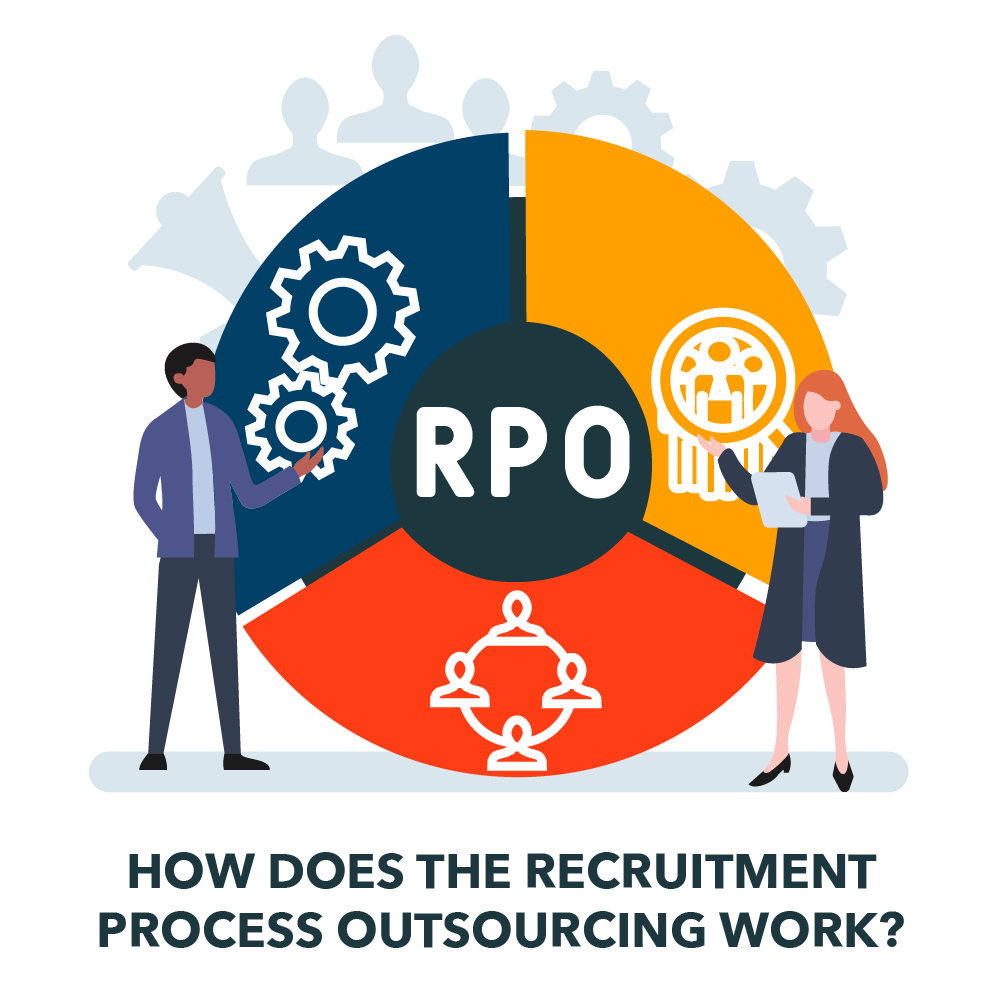In recent years, automated voice calls have become increasingly popular as a way for companies to provide customer service. These calls use sophisticated technology to mimic human interaction, allowing customers to complete a range of tasks and receive support without ever speaking to a live agent. In this blog post, we will explore how automated voice calls are revolutionizing customer service and the benefits they offer to businesses and customers alike.
1. Improved Efficiency and Cost Savings
One of the primary benefits of automated voice calls is their ability to improve efficiency and reduce costs. With automated calls, companies can handle a large volume of customer interactions simultaneously without having to hire additional staff. This reduces staffing costs and helps companies to respond to customer inquiries more quickly, improving customer satisfaction.
2. 24/7 Availability
Automated voice calls also provide customers with 24/7 availability. This means that customers can receive support and complete transactions at any time of the day or night, regardless of whether your business is open or closed. This level of availability is especially important for businesses that serve a global customer base, as it allows customers in different time zones to access support at their convenience.
3. Personalization
One of the most significant benefits of automated voice calls is their ability to provide personalized support to customers. By analyzing customer data and behavior, these calls can tailor their interactions to individual customers, providing relevant information and support that meets their unique needs. This level of personalization can help businesses to build stronger relationships with customers and improve their overall satisfaction.
4. Faster Response Times
Automated voice calls can also provide faster response times to customer inquiries. With the ability to handle a high volume of calls simultaneously, customers can receive support and complete transactions more quickly than they would with traditional customer service methods. This can help to reduce wait times and improve customer satisfaction, which is especially important in today’s fast-paced digital environment.
5. Multilingual Support
Automated voice calls also offer the ability to provide multilingual support to customers. By providing support in a customer’s native language, businesses can improve communication and build stronger relationships with customers from different cultural backgrounds. This can help to increase customer satisfaction and loyalty, as well as improve the overall customer experience.
6. Improved Data Collection and Analysis
Automated voice calls also provide businesses with a wealth of data that can be used to improve their customer service and marketing strategies. By analyzing customer behavior and interaction data, businesses can gain valuable insights into their customer’s needs and preferences, as well as identify areas for improvement in their customer service processes.
7. Increased Security and Fraud Prevention
Automated voice calls also provide increased security and fraud prevention capabilities. By using advanced security measures such as voice biometrics and multi-factor authentication, these calls can help to prevent fraudulent transactions and protect customer data. This can help businesses to build trust with their customers and improve their overall reputation.
Conclusion
Automated voice calls are revolutionizing customer service by providing businesses with a more efficient, cost-effective, and personalized way to interact with customers. With 24/7 availability, multilingual support, faster response times, and improved data collection and analysis, these calls offer a range of benefits to both businesses and customers. As technology continues to advance, we can expect to see even more innovative ways that automated voice calls will improve the customer experience in the years to come.










